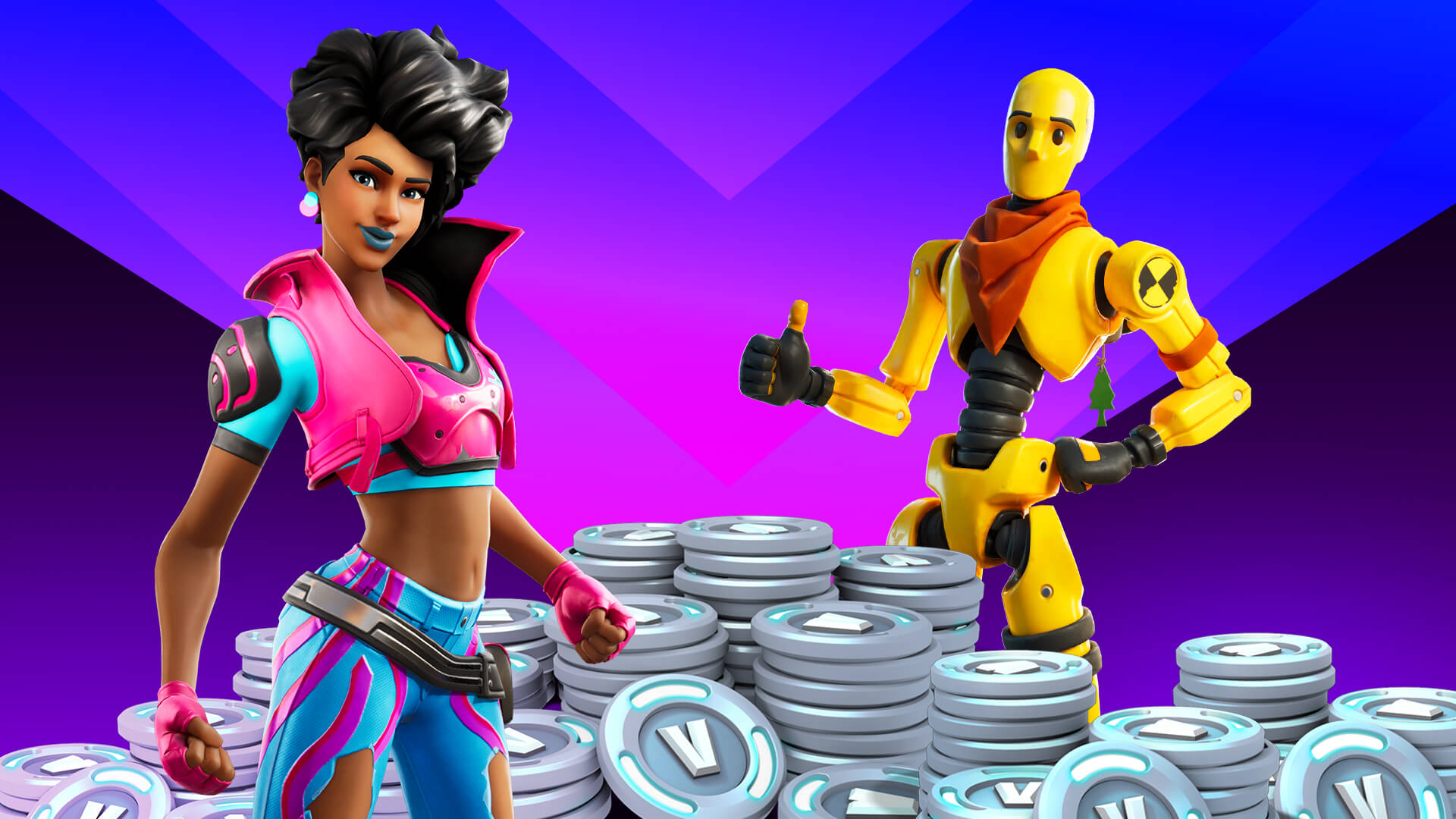
The situation between Epic Games and Apple, with the focus being on the App Store and the “Apple tax”, continues to evolve.
On Monday, the official Twitter account for Epic Games Newsroom tweeted out that Apple has confirmed it will be terminating Epic’s developer accounts across the board beginning Friday, August 28, 2020. When Apple does this, it will effectively cut Epic Games off from developing for not only iOS, but also macOS. Unsurprisingly, Epic has moved ahead with a statement to the court, requesting that the court stop this “retaliation” from Apple immediately.
You can see Epic’s full statement and letter on the matter here.
And here’s the tweet sent out earlier today:
Apple removed Fortnite from the App Store and has informed Epic that on Friday, August 28 Apple will terminate all our developer accounts and cut Epic off from iOS and Mac development tools. We are asking the court to stop this retaliation. Details here: https://t.co/3br1EHmyd8
— Epic Games Newsroom (@EpicNewsroom) August 17, 2020
Here’s just a bit from Apple’s letter to Epic regarding the forthcoming termination, which cites “several violations” of the license agreement:
Upon further review of the activity associated with your Apple Developer Program membership, we have identified several violations of the Apple Developer Program License Agreement. Therefore, your Apple Developer Program account will be terminated if the violations set forth below are not cured within 14 days. […]
If your membership is terminated, you may no longer submit apps to the App Store, and your apps still available for distribution will be removed. You will also lose access to the following programs, technologies, and capabilities:
– All Apple software, SDKs, APIs, and developer tools
– Pre-release versions of iOS, iPad OS, macOS, tvOS, watchOS
– Pre-release versions of beta tools such as Reality Composer, Create ML, Apple Configurator, etc.
– Notarization service for macOS apps
– App Store Connect platform and support (for example, assistance with account transition, password reset, app name issues)
– TestFlight
– Access to provisioning portal for certificate generation, and provisioning profile generation
– Ability to enable Apple services in-app (i.e. Apple Pay, CloudKit, PassKit, Music Kit, HomeKit, Push Notifications, Siri Shortcuts, Sign in with Apple, kernel extensions, FairPlay Streaming)
– Access to Apple-issued keys for connecting to services such as MusicKit, DeviceCheck, APNs, CloudKit, Wallet
– Access to Developer ID signing certificates and Kernel Extension signing certificates
– Developer Technical Support
– Participation in Universal App Quick Start Program, including the right to use the Developer Transition Kit (which must be returned to Apple)
– Engineering efforts to improve hardware and software performance of Unreal Engine on Mac and iOS hardware; optimize Unreal Engine on the Mac for creative workflows, virtual sets and their CI/Build Systems; and adoption and support of ARKit features and future VR features into Unreal Engine by their XR teamWe hope that you are able to cure your breaches of the Apple Program License Agreement and continue to participate in the program.
The refresher
So, here’s how this all started. On August 13, Epic Games decided to update its popular battle royale game Fortnite to add a direct payment option to the game. The company didn’t remove Apple’s payment option, simply added an option to bypass it — an objectively obvious means of violating the published App Store rules. Unsurprisingly, Apple decided that Epic Games’ decision to break the rules should result in the removal of Fortnite from the App Store, and that’s exactly what Apple did.
Google removed Fortnite from the Play Store, too, soon after.
Immediately following Apple’s removal of the game, Epic launched a large-scale media blitz, asking its player base and fans to “#FreeFortnite” on social media and within the game itself. Epic also took to the courts, suing both Apple and Google for anti-competitive behaviors, arguing that both companies are using their dominant market position to stifle competition and much more.
After that, Spotify weighed in on the subject, siding with Epic Games on the matter. And then, just a day later, Facebook blamed Apple for harming small businesses with its App Store rule set and the Apple tax.
What’s next?
Well, that’s a bit tougher to nail down. Epic Games is trying to get some big changes here, and it’s certainly possible that it may get them. However, we’re probably a long ways away from that happening, and this legal battle may take months, if not longer, to get settled one way or another.
This story is developing…